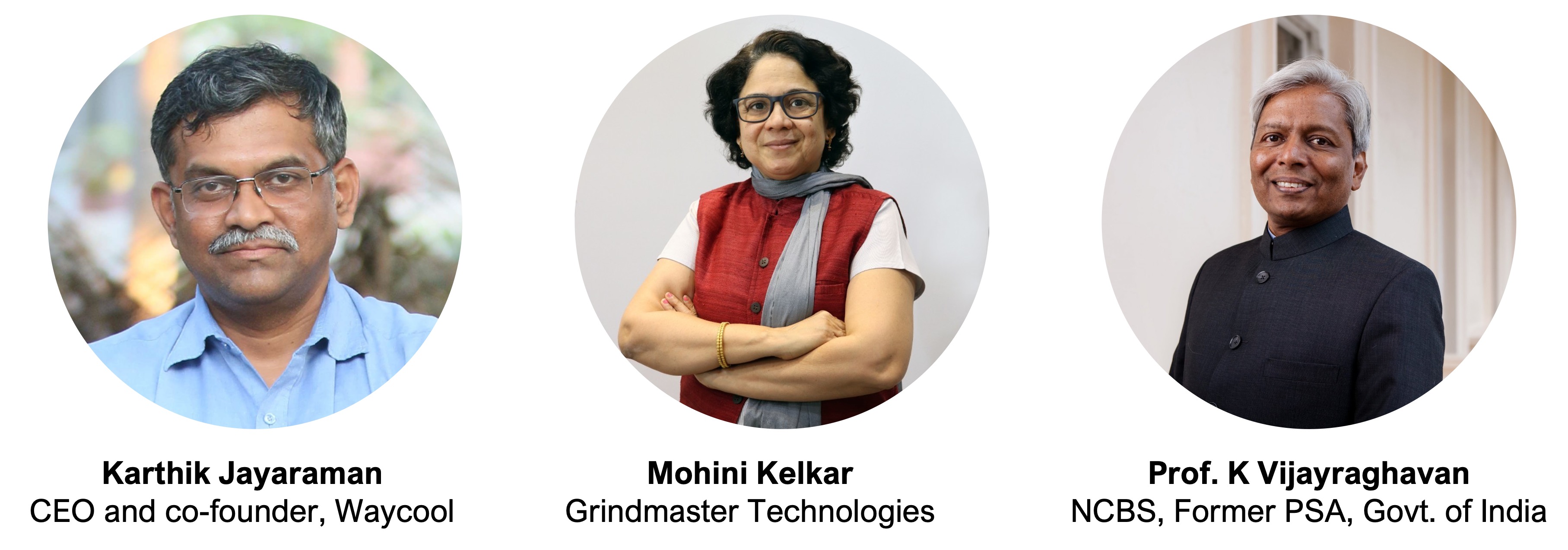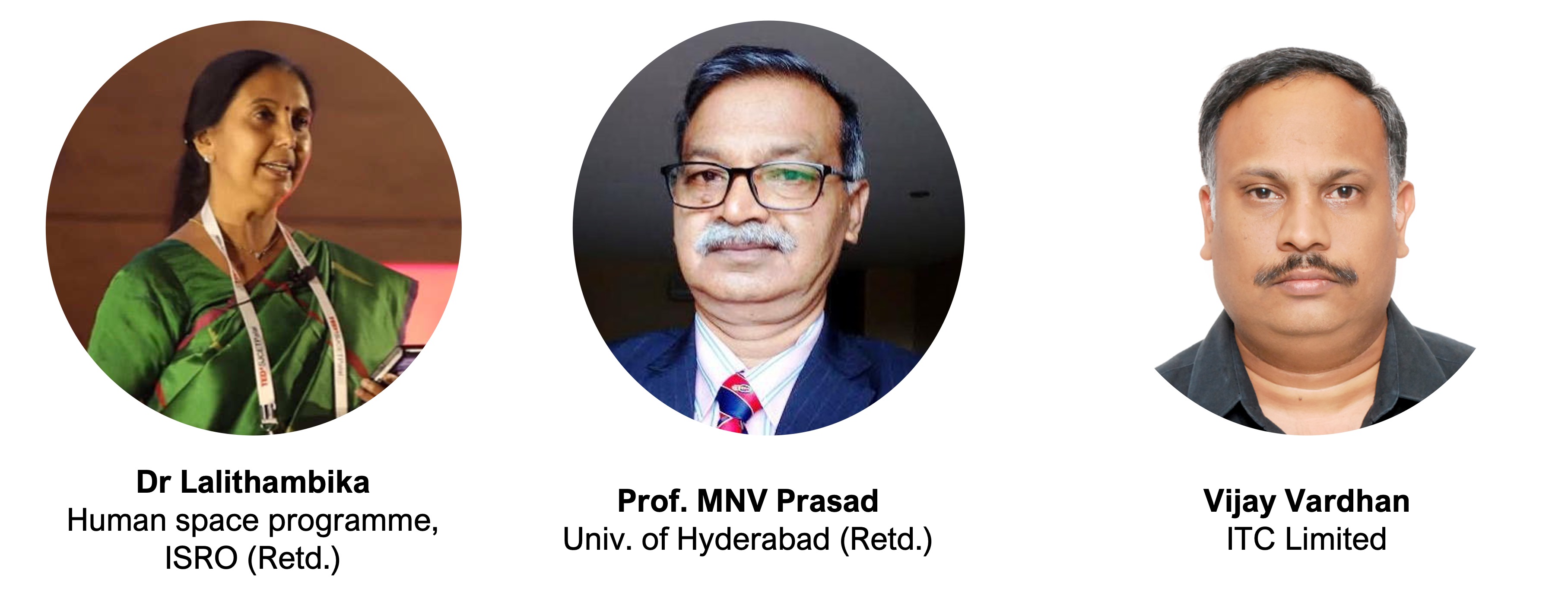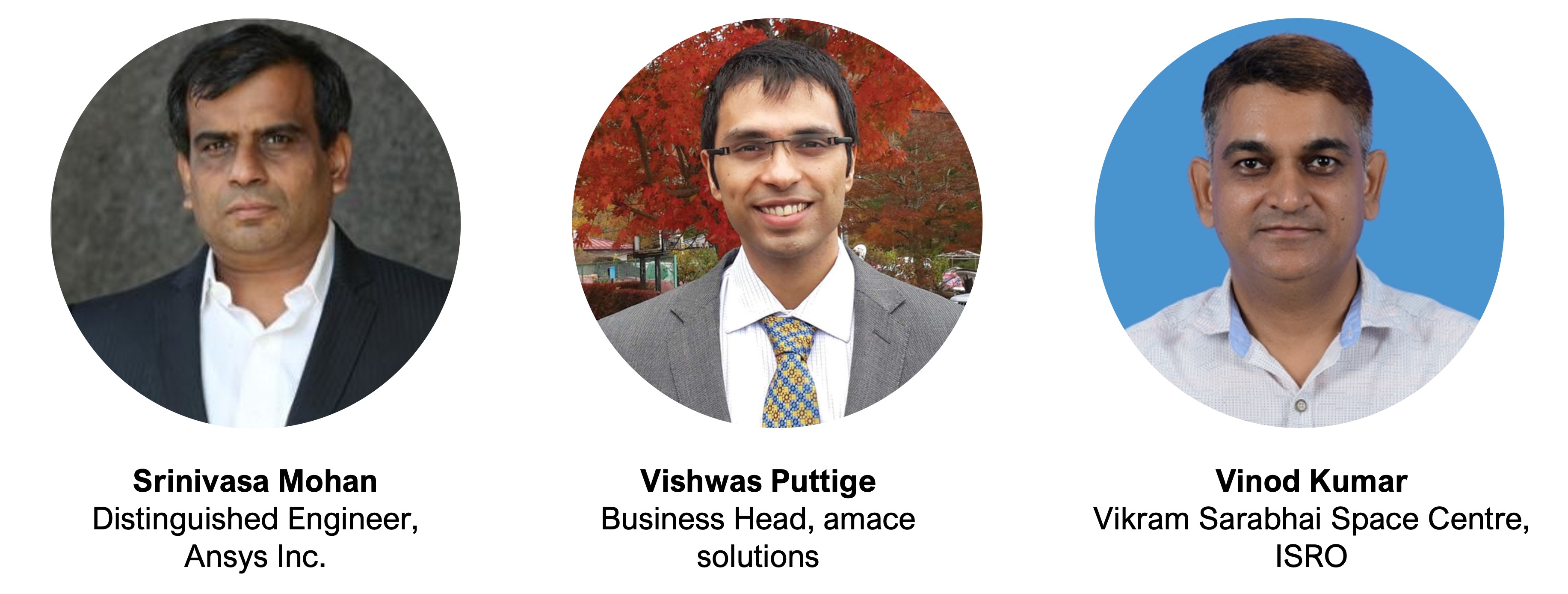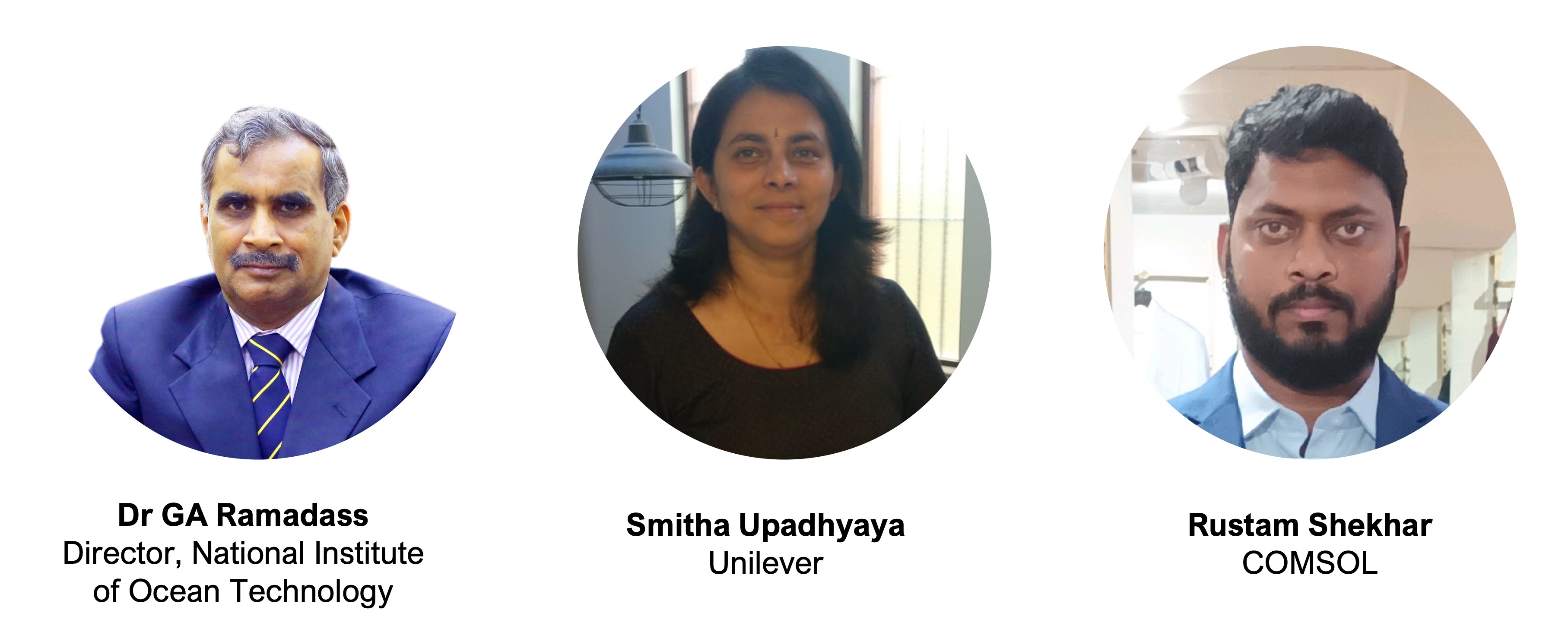

Division of Mechanical Sciences
Research Symposium
The schedule for the event is now up, please click here
Speakers
 |
 |
 |
 |
Thematic sessions
The 2-day symposium will feature four thematic research sessions that cut across departments within the division:
Extreme Manufacturing: Demanding emerging applications, from space technologies to next-generation automobiles and to extra-terrestrial habitats are driving the need for high-fidelity manufacturing processes that go well beyond current scientific and industrial practice. Such processes must exploit extreme conditions, such as ultra-high temperatures or very large forces, but simultaneously work within severe material and/or environmental constraints, earning them the moniker “extreme”. This session will bring together current and emerging next-generation technologies that work towards this goal.
Deep Ocean: The depths of the ocean remain one of the least explored frontiers due to the extreme logistical and technical challenges involved. This presents an exciting platform for basic research and associated technology development. Exploration of the deep ocean is key to uncovering extreme environment bio-diversity from locations proximal and distal from hydrothermal vents, characterised by high pressure and temperature. In addition, development of sampling techniques and tools for the same remains a key technical challenge. The mapping and utilization of non-living resource (e.g., rare earth elements) is also an important goal in this direction.
Sustainable agriculture: Sustainable agriculture is a food production practice that prioritizes environmental stewardship, social responsibility, and economic viability, and involves growing food in a way that meets present needs without compromising the needs of future generations. This practice includes methods that help mitigate the impacts of heat waves on agriculture by reducing water demand and promoting crop diversity. It also prioritizes soil health, and integrated pest management, which is crucial for maintaining productivity and ensuring long-term sustainability. Furthermore, it promotes agroforestry, supports local communities and economies, by emphasizing small-scale innovative farming and local food systems.
Simulation technologies: Simulation is the backbone of engineering design. Reliable high fidelity simulations help replace costly prototype testing and uncover deep insights into governing phenomena at significantly reduced cost. An overview of simulation methods incorporating physics based and AI/ML methods in key technology areas and current challenges will be discussed. Emerging simulation technologies, e.g., quantum computing and its potential applications for engineering simulations will be discussed.